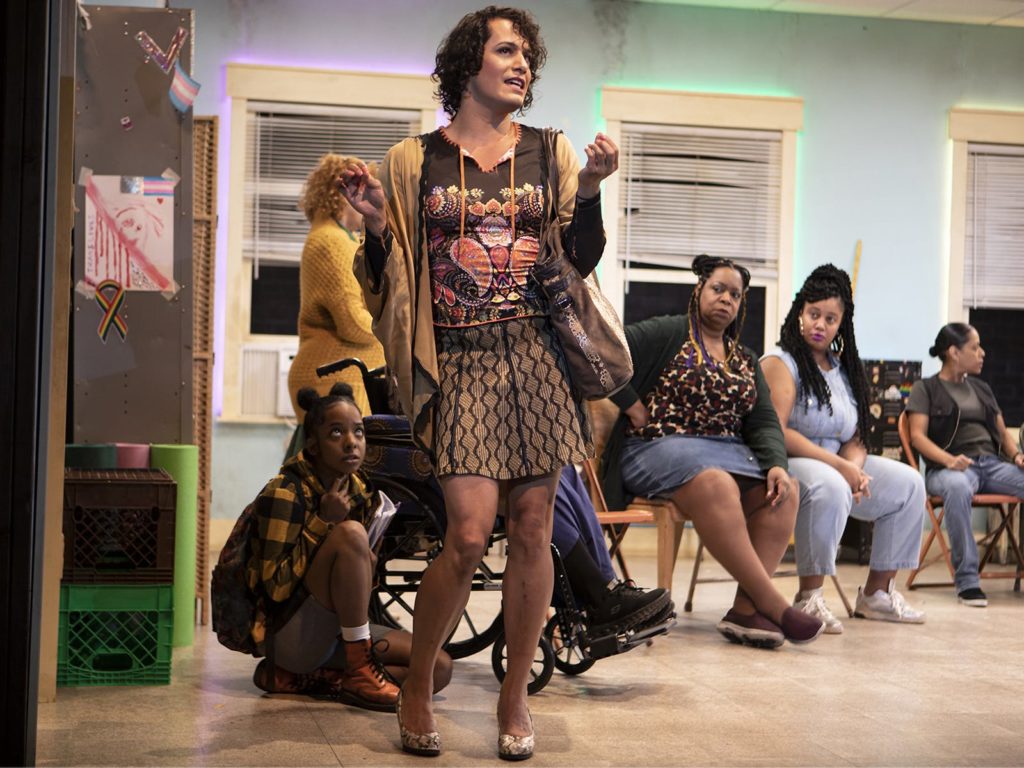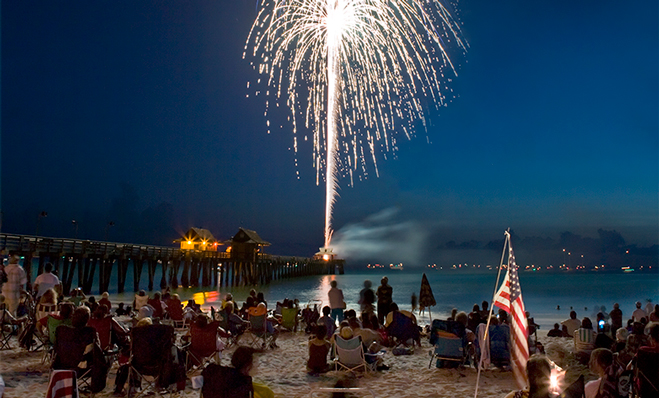“Comedy is the salt of civilization, its critical voice.”
Guy Davenport, “That Faire Field of Enna” (courtesy of Anecdotal Evidence)The hardest of choices
* * *

Now that Horton Foote has left us, who is putting small-town America onstage in a way that is both artful and comprehending—both of its myriad flaws and its equally compelling virtues? Few contemporary playwrights seem much inclined to try. Hence the importance of the off-Broadway premiere of “Greater Clements,” the latest of Samuel D. Hunter’s plays to take place in northern Idaho, the place where he grew up and which is to his oeuvre what southeast Texas was to Mr. Foote and the not-quite-fictional Irish village of Ballybeg was to Brian Friel.
Like his great predecessors, Mr. Hunter seeks and finds infinite meaning in the homely details of everyday life, and in “Greater Clements” he has given us what looks at first acquaintance like a masterpiece, one worthy of Messrs. Foote and Friel at their best. Only time will tell, of course, but it is already safe to say that “Greater Clements” is one of the finest American domestic dramas of the century to date, an intimate tragedy with wider social implications whose six principal characters come to grief when their little lives run aground on the unforgiving shoals of economic change….
* * *
Read the whole thing here.Samuel D. Hunter talks about Greater Clements:
Replay: Ida Lupino appears on This Is Your Life
Ida Lupino appears as the guest on This Is Your Life. The host is Ralph Edwards. This episode was originally telecast live by NBC on March 3, 1958:
(This is the latest in a series of arts- and history-related videos that appear in this space each Monday, Wednesday, and Friday)
Almanac: W.H. Auden on debate and good faith
“Whatever the field under discussion, those who engage in debate must not only believe in each other’s good faith, but also in their capacity to arrive at the truth.”
W.H. Auden, “The Protestant Mystics”
Almanac: Miguel de Unamuno on doubt and belief
“Those who do not doubt do not believe. Faith is maintained by resolving doubts, and again resolving those further doubts which are suggested by the resolution of previous doubts.”
Miguel de Unamuno, The Life of Don Quixote and Sancho (trans. Anthony Kerrigan)
Talking the talk
In today’s Wall Street Journal “Sightings” column, I write about the different ways in which playwrights make stage dialogue sound “realistic.” Here’s an excerpt.
* * *

Stephen Adly Guirgis recently gave an interview to Vox in which he talked about the dialogue in “Halfway Bitches Go Straight to Heaven,” his new play about the denizens of a halfway house for troubled women. “I write about all different types of people,” he said, “but often I’m writing about New Yorkers—working class, lower working class—and I just grew up really falling in love with the language and the rhythms of street and slang. It’s like music to me.”
To be sure, some viewers may find it hard to hear the “music” in speeches like the one in which a resident of Hope House describes another character as “a greazy, skank-ass, fug-lified motherf—er.” But that’s the point. As I wrote in my review, the dialogue of the characters in “Halfway Bitches” has “all the idiomatic savor of August Wilson at his best….Mr. Guirgis, like Mr. Wilson before him, miraculously turns their potty-mouthed argot into inner-city poetry.”…
“Halfway Bitches” wasn’t the only show produced in New York this winter in which what linguists call the “vulgate” is transformed into a kind of folk poetry. Horton Foote did much the same thing with the Texans in “The Young Man from Atlanta,” as did Brian Friel with the Irish villagers of “Molly Sweeney.” What all three playwrights have in common with Mr. Wilson is a preternaturally sensitive ear for the way ordinary people talk…
* * *
Read the whole thing here.Snapshot: George Balanchine’s The Nutcracker
George Balanchine’s version of The Nutcracker, performed by the New York City Ballet and originally telecast by CBS in 1958 as an episode of Playhouse 90. The score is by Tchaikovsky. The cast includes Diana Adams as the Sugar Plum Fairy, Allegra Kent as Dewdrop, Arthur Mitchell as Coffee, Edward Villella as Candy Cane, and Balanchine as Dr. Drosselmeyer:
(This is the latest in a series of arts- and history-related videos that appear in this space each Monday, Wednesday, and Friday)
Almanac: Dr. Johnson on hope
“When there is no hope, there can be no endeavour.”
Samuel Johnson, The Rambler (November 6, 1750)
Getting there

Such being the case, allow me to quote Ogden Nash, as is my longstanding custom on the last day of the year:
Come, children, gather round my knee;
Something is about to be.
Tonight’s December Thirty-First,
Something is about to burst.
The clock is crouching, dark and small,
Like a time bomb in the hall.
Hark! It’s midnight, children dear.
Duck! Here comes another year.
If, like me, you have a sneaking suspicion that chance is in the saddle and rides mankind, then I hope the year to come treats you not unkindly, and that your lives, like mine, will be warmed by hope and filled with love—and if you feel otherwise, then I wish for you the very same thing. We all deserve to be loved on New Year’s Eve.
Lookback: hearing that lonesome whistle blow
From 2004:
Read the whole thing here.The last sound I heard before I got in my rental car this morning and headed for the Smalltown city limits was a train whistle. My brother tells me that more freight trains have been passing through Smalltown lately, and though the tracks are halfway across town from my mother’s house, you can still hear the whistles loud and clear. My mother thinks they sound mournful, but I never thought so. They used to make me curious about the big world somewhere down the track, and now that I live in that big world, they remind me that I have things to do back there.
